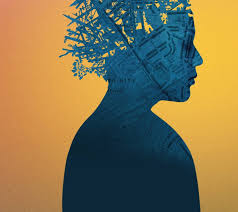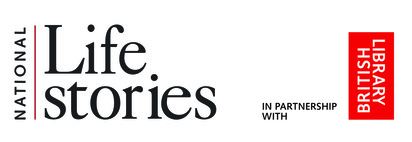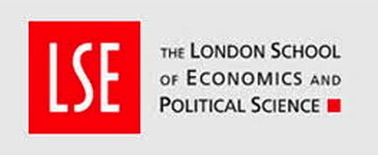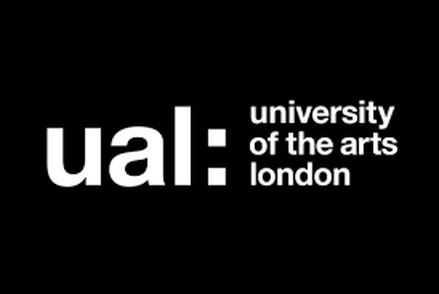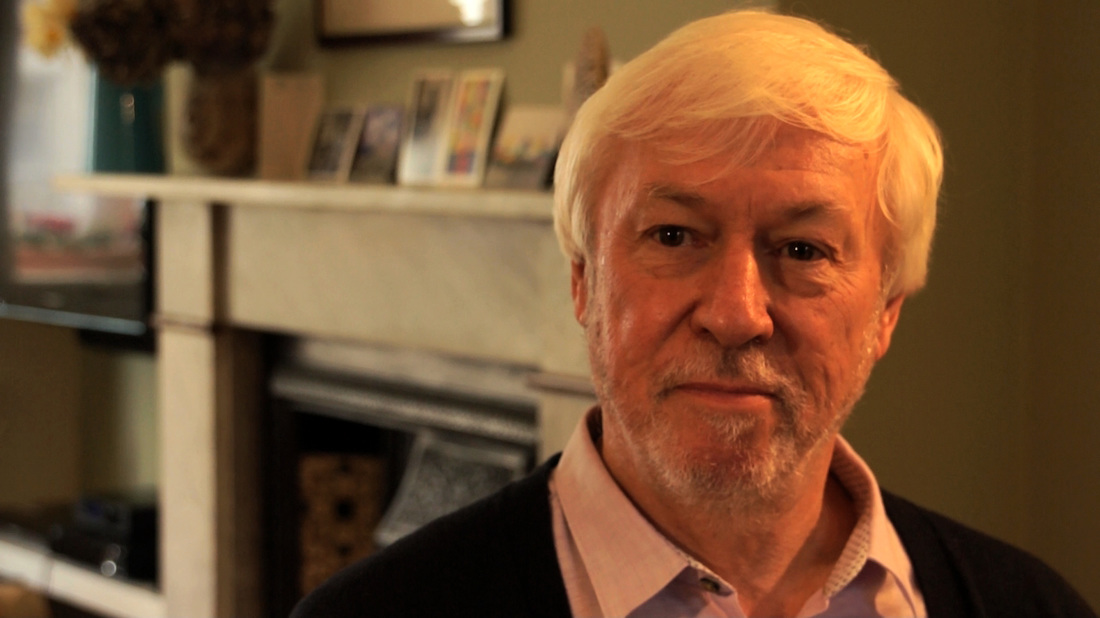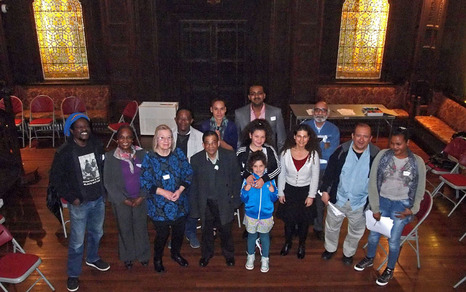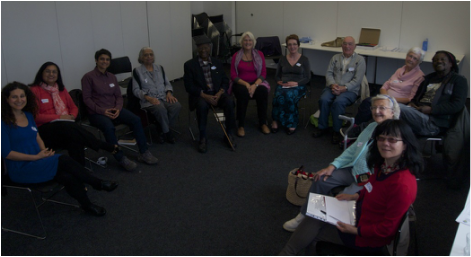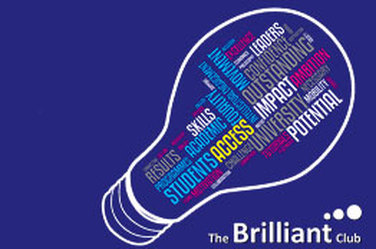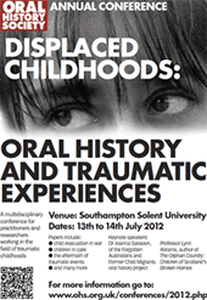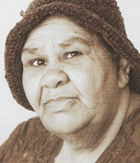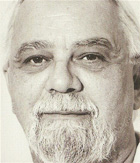I have extensive experience conducting oral history interviews and editing transcripts for publications, as well as working creatively with oral histories for theatre, film and exhibitions.
I completed a PhD in Oral History and the English justice system in collaboration with the London School of Economics and Political Science Legal Biography Project, and National Life Stories, British Library. I also have a Master of Arts degree in Life History Research, Oral History and Life Story Documents and Documentary Filmmaking from the University of Sussex, UK.
I completed a PhD in Oral History and the English justice system in collaboration with the London School of Economics and Political Science Legal Biography Project, and National Life Stories, British Library. I also have a Master of Arts degree in Life History Research, Oral History and Life Story Documents and Documentary Filmmaking from the University of Sussex, UK.
Pioneering Women: Challenging the Democratic Deficit in the Legal Profession
I am currently working as a Research Fellow with Professor Linda Mulcahy at the Oxford Centre for Socio-Legal Studies on an exciting new oral history research study.
This project aims to create an oral history of pioneering women lawyers which will be lodged in the sound archive of the British Library as a national resource. It aims to open up debate about the sort of work that qualifies as pioneering and to raise the profile of women whose contribution has been marginalized in public debate. We are particularly interested in the experiences of women from black, Asian and minority ethnic; and lesbian, gay, bisexual or transgender (LGBT) groups; as well as from lower socio-economic backgrounds. The project will also focus on women lawyers who work outside of the commercial sector such as those engaged in advice work and poverty law where the celebration of achievements has been more muted than elsewhere. The research will be conducted in three stages: a survey of lawyers; life history interviews (lasting up to twelve hours) with up to 50 women, in partnership with National Life Stories at the British Library; and the development of a project website. The initial stages of this project are being funded by the University of Oxford John Fell fund.
Exploring women's ordination in the Church of England, LSE Women's Library
As an LSE Research Fellow, I was working on setting up an oral history project about women’s ordination in the Church of England, commissioned by LSE Women’s Library. LSE Library is home to the Women’s Library collection which is a major collection on women’s history in the UK (http://www.lse.ac.uk/library/collections/collection-highlights/the-womens-library). It contains substantial holdings relating to women in the Church including the papers of Agnes Maude Royden, the Society for the Ministry of Women in the Church, and the records of the Movement for the Ordination of Women (MOW).
The project is timely, as this July marks the 40th anniversary of the founding of the Movement for the Ordination of Women (MOW). I will be conducting in-depth life story interviews with women who were the first to be ordained as priests in the Church of England in 1994, and those involved in the campaign for the ordination of women. Through collecting a range of first-hand accounts of women who lived through the campaign for the women’s ordination as deacons, priests and bishops, this project aims to capture an important historical period, and will be of use and value to contemporary and future generations of academics, other researchers and the public.
This project will celebrate and promote women’s ministry and the diverse perspectives and gifts that women bring to the Church.
Kiln Theatre 'A Friendly Society' Exhibition
I have been involved in recording oral histories of older people who grew up in Kilburn and the surrounding areas within the London borough of Brent. The audio interview recordings were featured as part of an exhibition called A Thousand Hands: Legacies and Futures of Care in Brent, which was on display between November 2018-May 2019 at Brent Museum. The exhibition was part of a larger community arts project entitled 'A Friendly Society' by Kiln Theatre (formerly the Tricycle Theatre) which aims to capture and honour personal stories and memories of social care and migration in the local area.
Oral History and the Criminal Justice System
I was awarded a Collaborative Doctoral Partnerships (CDA) Arts and Humanities Research Council (AHRC) scholarship to explore the changing nature of the criminal justice system during the 1970s to the present day through the unique perspective of Crown Court clerks.
This project was jointly initiated by the London School of Economics and Political Science (LSEs) Legal Biography Project (LBP), co-directed by Professor Linda Mulcahy and Professor Michael Lobban, and National Life Stories (NLS) at the British Library, curated by Dr Rob Perks.
Though Crown Court clerks play a pivotal role in regional trials of the most serious criminal offences such as murder, rape and burglary, little has been written about them to date. I conducted in-depth life story interviews with former Crown Court clerks to gain insight into, and deepen our understanding of, the lived world of the legal system, shifts in local legal cultures, and changes in the way that regional justice has been conceived of and experienced. The collection of life story interviews with Crown Court clerks have become part of the publicly accessible British Library Sound Archive.
For further information about the Legal Biography Project at the London School of Economics and Political Science click here. For further information about National Life Stories at the British Library click here.
Here is a short film commissioned by the British Library about my doctoral research project.
Oral History Institutional Memory Project: Remembering the University of the Arts, London: How did we get here?
I am working as an oral historian with the University of the Arts, London (UAL), conducting a series of film and audio interviews to document the Institution’s history.
The first interview was with with Neil Fletcher who was a key player in the establishment of the London Institute, which became the University of the Arts, London in 2003. Fletcher gave a fascinating account of his involvement in the radical merger of seven independent art colleges across London in 1985 under the umbrella of the London Institute in the face of fierce opposition. He discussed the London Institute’s initial vision, the development of the Institute, its importance in his own life, and his pride in having played a part in the success of the University of Arts, London, today. Further interviewees who have offered much insight into the development of the University have been former Rectors, Deans, Governors, and Chairs of the Courts of Governors including John McKenzie, Elizabeth Rouse, Will Wyatt, Sir Michael Bichard, and Sir John Tusa. (2016-ongoing)
Untold Stories: Life story workshops - Celebrating UK Older People's Day and Black History Month with East Sussex County Council and East Sussex Black and Minority Ethnic Health and Social Care Forum
I have been facilitating life story intergenerational workshops in partnership with the East Sussex County Council and the East Sussex Black and Minority Ethnic (BME) Health and Social Care Forum, the Hastings Museum and Art Gallery, and the Towner Gallery in Eastbourne.
The workshops provide an opportunity for participants to learn about each other through sharing their personal stories and life experiences, and encourage interaction and greater understanding between older and younger BME generations. The workshops culminate in participants creating and sharing artworks such as poems, drawings and prose inspired by their own, and each others' stories. (2015)
Testimonials from workshop participants:
“The diversity of the group was soul inspiring and the stories were fantastic!”
“I learnt a lot from people who are older, wiser people.”
‘I would not have missed it for the world’.
Oral History and Secondary School Education
I designed and taught a course in oral history to Year 10 students in East London as part of the Brilliant Club researchers in schools programme. The course introduced students to key ideas and issues in oral history literature, and essential skills and qualities involved in effective interviewing. Students conducted their own life history interviews, presented and discussed extracts from their interviews, and wrote essays reflecting upon the value of oral history and their own interviewing practice. (2015)
Remembering Yesterday, Caring Today:
Reminiscence sessions for people with dementia and their families
I am a qualified Remembering Yesterday, Caring Today facilitator and trained with Pam Schweitzer, founder of Age Exchange, and the European Reminiscence Network. Remembering Yesterday, Caring Today courses comprise a series of two hour reminiscence sessions for people with dementia and their close relatives and carers. Each session includes music, drama, drawing, singing, dancing/movement and conversation to create a light-hearted atmosphere for sharing memories and bringing families closer together. To find out more about the European Reminiscence Network, click here.
Bethnal Green Memorial Project
I am an oral history interviewer for the Bethnal Green Memorial Project, which is recording the experiences and memories of people who were involved in the Bethnal Green tube shelter disaster during World War Two, on 3rd March 1943. The project is exploring the history of the disaster through the personal accounts of survivors, members of rescue parties, family members of victims, as well as people involved with the creation of the new memorial at Bethnal Green tube station.
To educate and inform the wider public about the disaster and its impact on the East End, a range of educational materials will be produced, such as a schools pack for teachers, a travelling exhibition, audio guides and an information booklet, in addition to creating an archive for future generations.
This project is being carried out by the University of East London, in association with the Raphael Samuel History Centre.
To educate and inform the wider public about the disaster and its impact on the East End, a range of educational materials will be produced, such as a schools pack for teachers, a travelling exhibition, audio guides and an information booklet, in addition to creating an archive for future generations.
This project is being carried out by the University of East London, in association with the Raphael Samuel History Centre.
Oral History in Palliative Care
In June 2012, I established an oral history service at the Pembridge Palliative Care Centre in Chelsea and Kensington, London.
Between June 2012-October 2013, I worked with patients with terminal illnesses to record their life stories in the form of audio CDs, documentary films and written manuscripts.
The oral history recordings offered patients the opportunity to reflect on their lives and to create a legacy for their families and friends.
Between June 2012-October 2013, I worked with patients with terminal illnesses to record their life stories in the form of audio CDs, documentary films and written manuscripts.
The oral history recordings offered patients the opportunity to reflect on their lives and to create a legacy for their families and friends.
Oral History and Trauma
I presented a paper at the Oral History Society’s 2012 Conference titled Childhoods: Oral History and Traumatic Experiences. In my paper I discussed how to work with traumatic stories through oral history, life writing and performance in a creative and empowering way, and to avoid re-traumatisation. My presentation offered a guide of good practice for working with traumatic auto/biographical stories which was grounded in Judith Lewis Herman’s psychotherapeutic model of recovery from trauma, and drew on the research, ideas and practices of prominent writers, storytellers/performers, psychotherapists and trauma theorists including Joyce Kornblatt, Nancy Mellon, Bessel van der Kolk, and Louise de Salvo.
_Oral History Publications
_These companion publications were part of the Aboriginal Life Story Project (2006-2008). I conducted oral history interviews with Aboriginal Elders and edited the transcripts.
I was the Creative Director of this two year community cultural development project which aimed to promote the well-being of Aboriginal Elders through telling their life stories. The project also produced a series of plays, a programme of visual arts, dance and performance workshops, and a photographic exhibition with renowned photographer Mervyn Bishop.
My Father, My Brother
To read reviews click on the links below
http://www.abc.net.au/indigenous/stories/s2270455.htm
http://www.macarthuradvertiser.com.au/news/local/news/general/generations-of-men-tell-their-stories/462680.aspx
http://www.wollondillyadvertiser.com.au/news/local/news/general/gifts-from-the-elders/371655.aspx
I was the Creative Director of this two year community cultural development project which aimed to promote the well-being of Aboriginal Elders through telling their life stories. The project also produced a series of plays, a programme of visual arts, dance and performance workshops, and a photographic exhibition with renowned photographer Mervyn Bishop.
My Father, My Brother
To read reviews click on the links below
http://www.abc.net.au/indigenous/stories/s2270455.htm
http://www.macarthuradvertiser.com.au/news/local/news/general/generations-of-men-tell-their-stories/462680.aspx
http://www.wollondillyadvertiser.com.au/news/local/news/general/gifts-from-the-elders/371655.aspx
Oral History and Amnesty International Projects
_
I interviewed refugees and asylum seekers in detention centres and living on temporary protection visas to research and write a play commissioned by Amnesty International.
I interviewed women refugees about how and why they fled their native countries for Amnesty International.
I interviewed refugees and asylum seekers in detention centres and living on temporary protection visas to research and write a play commissioned by Amnesty International.
I interviewed women refugees about how and why they fled their native countries for Amnesty International.
Oral History and Older People living in the inner city
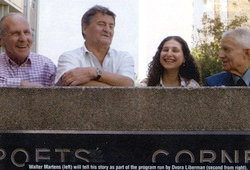
_I conducted oral history interviews and facilitated life writing
workshops with older people living in Sydney’s inner city to research
material for a play Light Years (written by Hilary Bell) commissioned by
the Department of Ageing, Disability and Home Care.
